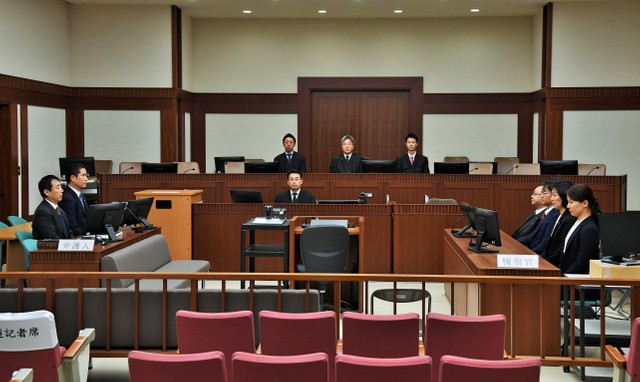
关于IPO的术语:Lock-up period锁定期
A lock-up period is a predetermined amount of time following an initial public offering where large shareholders, such as company executives and investors representing considerable ownership, are restricted from selling their shares. Generally, a lock-up period is a condition of exercising an employee stock option. Depending on the company, the IPO lock-up period typically lasts between 90–180 days before these shareholders are allowed the right, but not the obligation, to exercise the option.
锁定期是首次公开募股(IPO)之后的预定时间,其中大股东(例如公司高管和持有大额所有权的投资者)被限制出售他们的股份。一般来说,锁定期是行使员工股票期权的条件。根据公司性质的不同,IPO的锁定期通常会持续90-180天,此后这些股东才有权(但不是义务)行使期权。
Usually employees and early investors want shorter lockups (so they can cash out sooner) while the underwriting banks want longer ones (to keep insiders from flooding the market and sinking the share price). The company is often somewhere in the middle—wanting to keep employees and investors happy but not wanting it to look like insiders don’t have faith in it.
通常,员工和早期投资者希望缩短锁定时间(以便他们可以更快套现),而承销银行则希望更长时间的锁定期(防止内部人士涌入市场并降低股价)。公司则经常处于中立位置,希望让员工和投资者继续感到满意,但又不希望看起来像是内部人士对公司没有信心而抛售股份。
下面来看具体实例:
例
The equities or shares of the Company held by XXX shall only be subject tothe statutory lock-up period (i.e., the lock-up periods stipulated in thelisting rules published by CSRC or relevant stock exchanges).
XXX持有的公司股权或股份将仅受限于法定的锁定期(即,证监会或相关证券交易所发布的上市规则所规定的锁定期)。





